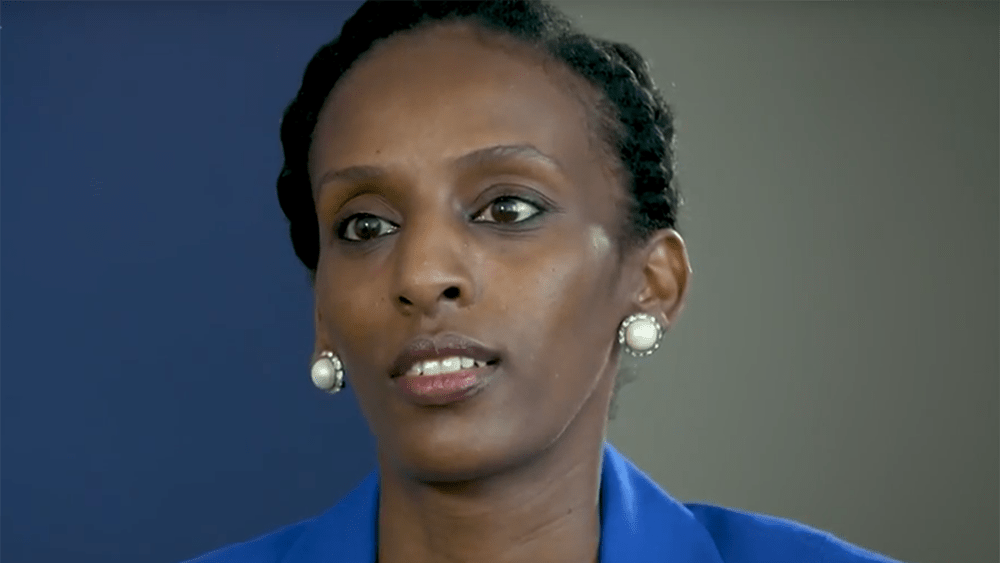Apostasy no longer a death sentence in Sudan
Female Genital Mutilation also banned in swathe of criminal law amendments
In Muslim-majority Sudan, apostasy is no longer a capital offence and female genital mutilation is banned. Non Muslims also can drink alcohol in their homes, and women can travel with their children without permission from a male relative.
“The old laws are a real challenge for the Sudanese.” – Nasredeen Abdulbari
Last Friday, a range of criminal law amendments were ratified by Sudan’s Sovereign Council.
“We have dropped all the articles that had led to any kind of discrimination … the legal reformation will continue until we drop all the laws violating human rights in Sudan,” said Justice Minister Nasredeen Abdulbari on the country’s national television station when explaining the amendments.
“We are keen to demolish any kind of discrimination that was enacted by the old regime and move towards equality of citizenship and a democratic transformation.”
Abdulbari said the Ministry of Justice abolished apostasy (renouncing of religious beliefs) as an offence punishable by death, because it threatens social peace by exposing people to danger. However, a new law has replaced it that also criminalises apostasy, while placing an additional requirement upon prosecutors to protect those accused of apostasy.
The downgrading of the death penalty for apostasy might be some positive news for the Christian minority in Sudan who, last month, had Christian school lessons and TV specials omitted from upcoming schedules.
The amendments are part of aligning Sudan’s criminal laws with the country’s Constitutional Declaration – an agreement signed in August 2019 by representatives from a broad coalition of military and civilian leaders who led a popular uprising in Sudan. They staged a successful coup against former President Omar al-Bashir in April, 2019.
The Constitutional Declaration details how Sudan is to be governed during its 39-month transitional period following al-Bashir losing the office he held for three decades. During his rule, in 2011, the southern region of the country became the independent Republic of South Sudan.
When the transition period ends in 2021, there is no guarantee that the amendments announced on Friday will remain under the next government.
An amendment was passed that allows non-Muslims to drink alcohol – provided it is consumed in private and not with Muslims (according to a BBC report quoting the Sudan Tribune). The law still prohibits Muslims from doing the same. However, Abdelbari explained that the Miscellaneous Amendments Act did not aim to address the sale of alcohol or the opening of bars.
“We leave these issues to discussions about Sudan’s future constitution,” Abdelbari said. “The old laws are a real challenge for the Sudanese. They should be broadly discussed in the future, by the people and by political parties.”
“The amendments of the laws are related to the general policies of the government. The Ministry of Justice cannot go further,” he stated.
“Drinking alcohol can be restricted again and the new amendment can be drawn later, if that is what the Sudanese want.”
Under the new laws, anyone found guilty of performing a female genital mutilation (FGM) procedure, can receive a sentence of up to 3 years jail – a significant move for a country where the United Nations estimates 87 per cent of women and girls (between the ages of 15 and 49) have been subjected to FGM.
FGM “degrades the dignity of women,” said the Ministry of Justice in its statement.
While UNICEF welcomed the landmark move by Sudan’s transitional government, it also stressed that there was plenty of work ahead to help communities enforce the new laws, as FGM is so deeply entrenched as a cultural practice.
“The intention is not to criminalise parents,” flagged the UNICEF representative. “We need to exert more effort to raise awareness among the different groups, including midwives, health providers, parents, youth about the amendment and promote acceptance of it.”
Email This Story
Why not send this to a friend?



